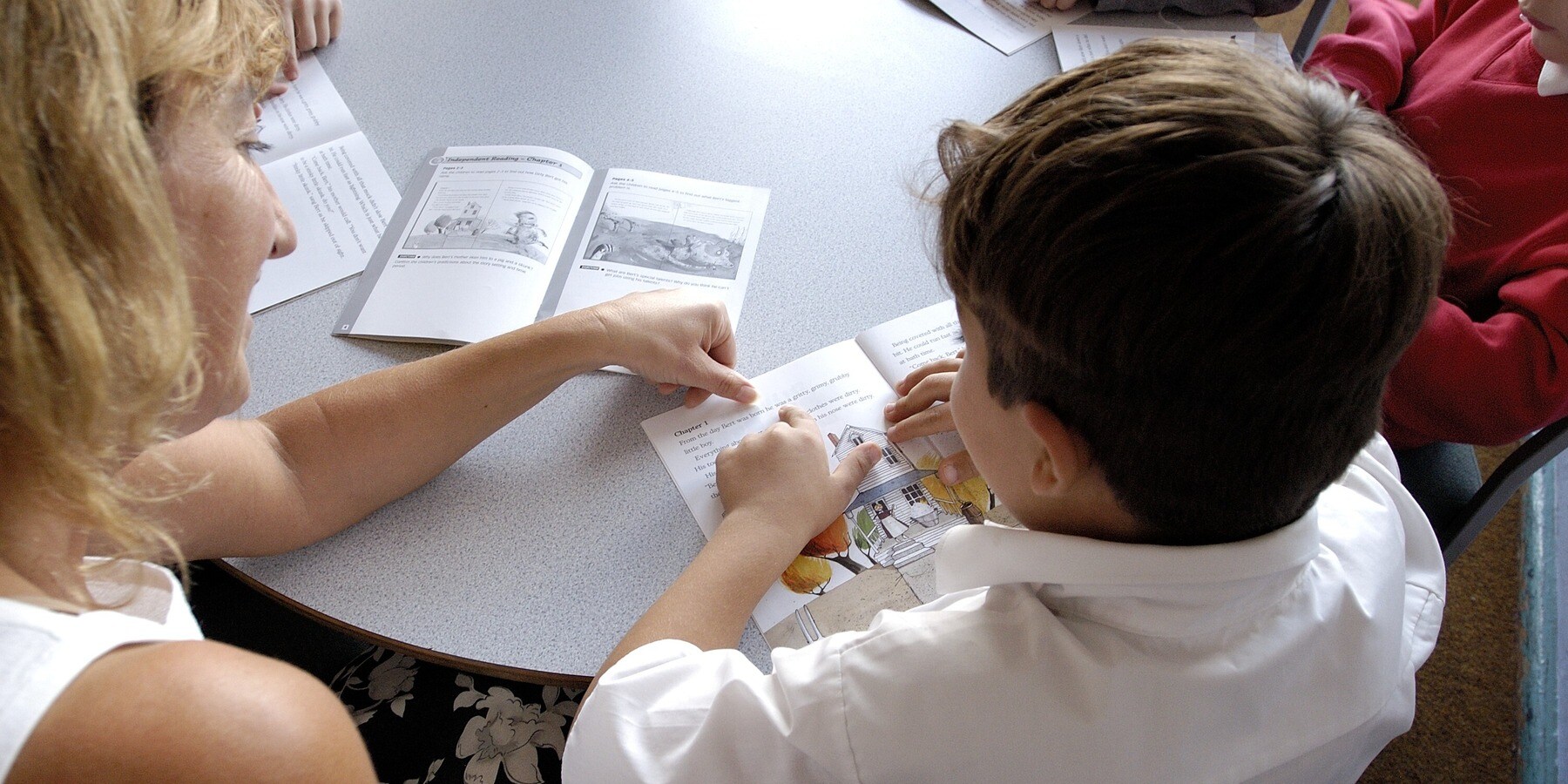5 ways to work more closely with your school’s paraprofessionals
by

Paraprofessionals are the unsung heroes of the classroom. Follow these steps to ensure their voices are heard and valued.
What is a paraprofessional in education?
Sometimes called teaching assistants or instructional aides, paraprofessionals are members of staff who support educators and students in a number of ways. They carry out tasks like helping with behaviour management, supervising individual or group work, and supporting students with additional needs. Paraprofessionals are essential in schools, and research repeatedly shows that they have a positive impact on student performance.
However, despite their crucial contribution, paraprofessionals don’t always get the visibility they deserve. Some paraprofessionals feel undervalued and as though they have fewer development opportunities in their career.
Teachers can make a difference. Here’s how you can best work with your paraprofessional(s) to celebrate their skills, maximise their potential, and shape a more inclusive learning space.
Include your paraprofessionals in class planning
Paraprofessionals work closely with students who need one-on-one attention, such as students with special needs or learning challenges. This proximity means that paraprofessionals have key insights about students’ requirements, strengths, and difficulties. Such information is necessary for lesson planning – it can make instructions clearer, align teaching strategies more deeply to students, and construct a calmer, more productive teaching environment for everyone.
Schedule regular meetings with your paraprofessional (it can be weekly or biweekly) to discuss upcoming lessons and brainstorm teaching strategies. These meetings don’t have to be long - even checking in with one another for 15 minutes can make a big difference.
In the meeting, ask paraprofessionals what materials they recommend, and encourage them to provide their perspective on what has and hasn’t worked in the past. Discuss together the roles that you’ll take on for the lesson – perhaps the paraprofessional will be responsible for supporting a small group of students, while you address the broader class.
Along the way, let the paraprofessional know that there’s open communication for them to add their ideas and commentary about lesson plans. The more paraprofessionals are invited to participate, the more likely that they will share useful takeaways that can improve how class content is delivered.
Know the strengths and skills of your paraprofessionals
Paraprofessionals have a range of experiences that make them versatile in their jobs. Some may have specialised training, be proficient in specific subjects, or have worked in niche education settings.
As you work alongside a paraprofessional, you’ll start to see your paraprofessionals areas of expertise. Pinpointing these strengths means that you can design your classes to showcase those abilities, supporting both you and your students.
It’s also a good idea to sit down and talk to paraprofessionals about their strengths, skills, and preferred roles, as well as areas where they’d like to develop their expertise. Give them opportunities to action these, and pay attention to how they interact with students and classroom dynamics.
Sharing responsibilities in this way promotes a more balanced workload, where paraprofessionals have a greater sense of ownership and involvement in the curriculum, and you can delegate more effectively.
Invest in professional development days for your paraprofessionals
Just like teachers, paraprofessionals need to understand the wider goals of the classroom, school, and school district. Paraprofessionals also deserve investment in their job trajectory, so they feel motivated and appreciated.
So, it’s important for school leaders to make sure that paraprofessionals have access to professional development programmes, where they can join trainings, workshops, and network with other staff in education.
Whether internal school development days or external events, ask paraprofessionals to sessions that are relevant to their roles, or are in topics that interest them. For example, a paraprofessional working with a student with dyslexia should be part of a workshop on supporting literacy instruction.
After any professional development activity, make time to check in with paraprofessionals about how useful it was, and if there’s any areas in particular where they’d like further training to facilitate professional growth.
Invite feedback from your paraprofessionals
Perhaps the most important way to partner with your school’s paraprofessional is for teachers and school leaders to solicit feedback from them, regularly.
Feedback can be formal, like monthly questionnaires asking questions such as “What were you most proud of in the class?”, “Where did you feel friction in this activity?”, and “How can the teacher better support you in your role?”. Alternatively, teachers have the opportunity for more casual chats, where you can emphasise that their input is vital and ask questions about how to improve the classroom.
Whenever you get feedback, acknowledge the paraprofessionals contributions and draft a plan to implement and track the effect of their suggestions. Doing so reinforces the paraprofessional as a core member of the teaching team, not an add-on.
Host celebration days for your paraprofessionals
To really shine a light on all the great work that paraprofessionals do, dedicate a day (or more) to them. You could ask students to make thank you cards for the paraprofessionals they work with, or even design a wall display to honour all the paraprofessionals in the school. It could have photos, quotes from students and teachers, and special moments from their time at work.
Elsewhere, a special breakfast, lunch or afternoon activity could include all staff at the school, and publicly acknowledge all paraprofessionals’ hard work. Teachers could present research projects on the impact of paraprofessionals, and share stories about how the paraprofessionals have helped them.
Teamwork leads to greater success
As in any relationship, educators have to nurture the partnership with paraprofessionals (and vice versa). On a long-term basis, that means including paraprofessionals as much as possible, and prioritising ongoing communication and feedback with them. The more they feel part of the school team, the more they can contribute to everyone’s success.
Further reading
Discover more tips to make your classroom inclusive and interesting. Read Boosting inclusion in the young learner classroom and How to use ChatGPT to support your lesson planning.


